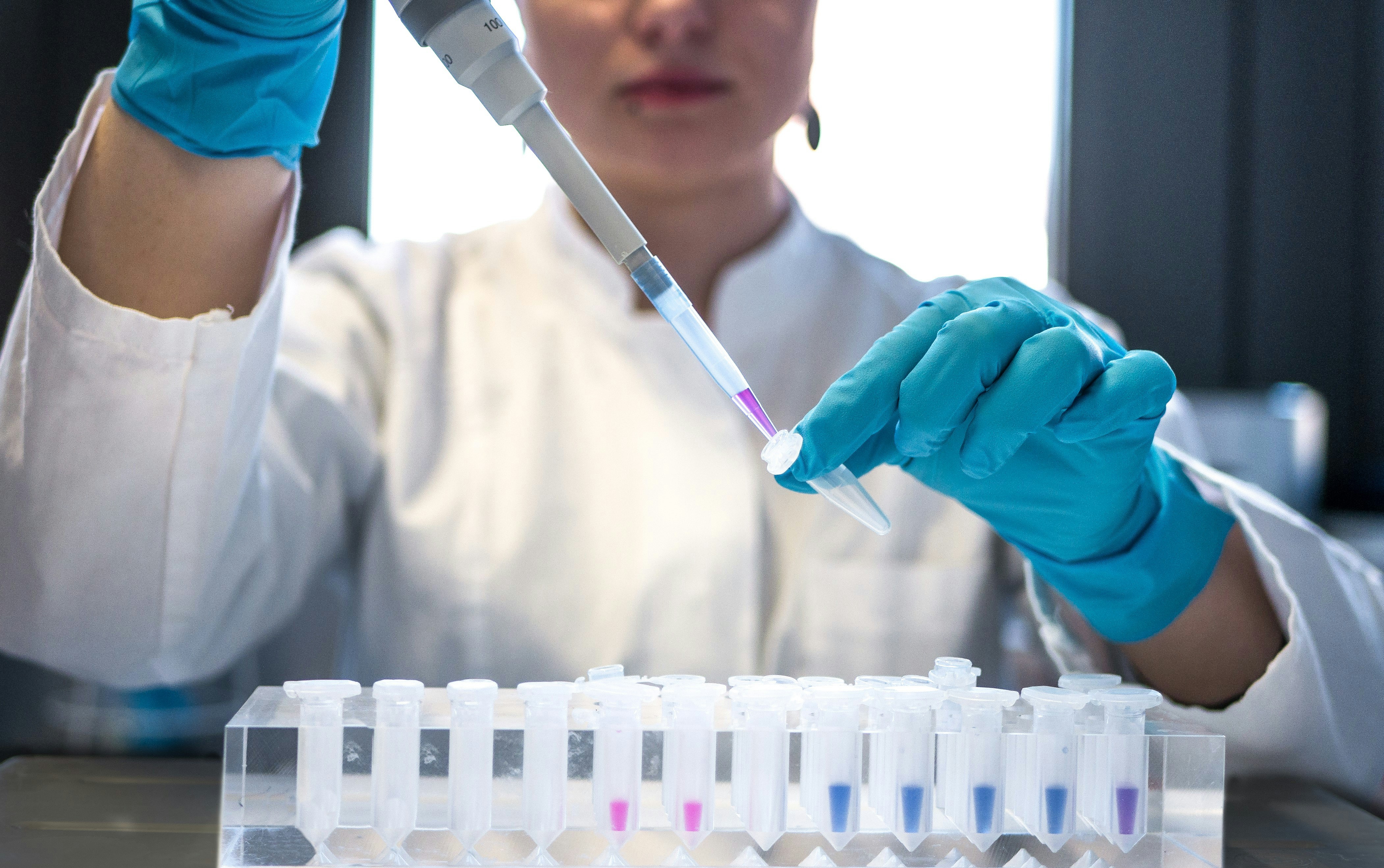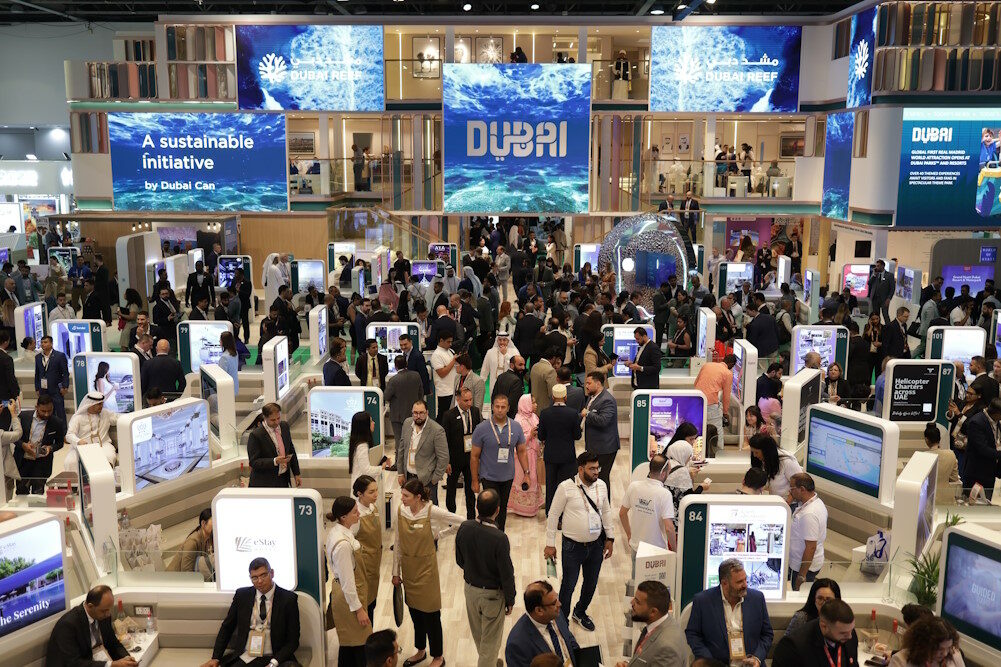The article highlights the potential of AI to support SDGs related to responsible consumption and production (Goal 12), and climate action (Goal 13).
The Elsevier Foundation Chemistry for Climate Action Challenge is a collaboration between the Elsevier Foundation, a non-profit focused on inclusive research and health funded by Elsevier and Elsevier's Chemistry journals. The Challenge represents a commitment from Elsevier to uncover practical, scalable solutions to specific issues caused by climate change in global South communities thereby advancing both Climate Action (SDG13) and Gender Equity (SDG5).
Michael Deighton, Chapter One - Introduction, Powering through the Transition, Elsevier, 2025, Pages 1-17.
This chapter supports UN SDGs 7 (Affordable and Clean Energy), 9 (Industry, Innovation, and Infrastructure), 11 (Sustainable Cities and Communities), 13 (Climate Action), and 17 (Partnerships for the Goals) by promoting the transition to renewable energy sources, reducing greenhouse gas emissions, enhancing energy efficiency, fostering technological innovation, and emphasizing collaboration and innovation to drive the development of cleaner and more efficient energy solutions for a sustainable future.
This chapter supports UN SDGs 7 (Affordable and Clean Energy), 9 (Industry, Innovation, and Infrastructure), and 13 (Climate Action) by promoting the transition to renewable energy sources, reducing greenhouse gas emissions, enhancing energy efficiency, fostering technological innovation, and emphasizing collaboration and innovation to drive the development of cleaner and more efficient energy solutions for a sustainable future.
Smart Cities and Sustainable Manufacturing: Innovations for a Greener Future, Volume , 1 January 2024
An exclusive whitepaper produced for Arabian Travel Market (ATM) by Digital Tourism Think Tank (DTTT) has highlighted that only 15% of UN Sustainable Development Goals (SDGs) related to tourism are on track to be achieved by 2030 according to the body, underscoring the need for more action to be taken across the sector.
This chapter aligns with SDGs 7, 11, and 13, by introducing solar chimney power plants as a clean energy solution, and their role in supporting sustainable communities and climate.


